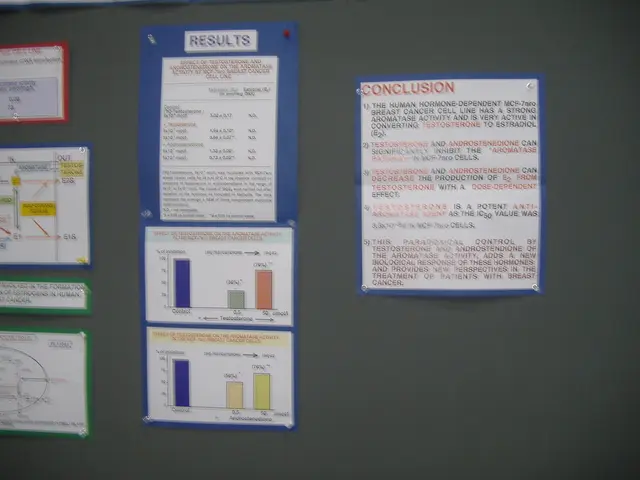Federal Government's First 100 Days: Economic Policy on the Verge of Improvement Calls for Action, Coalition Confronts Challenges of Substantial Proportions
In the first 100 days of Friedrich Merz's tenure as Federal Chancellor, the retail sector in Germany has expressed disappointment with the federal government's progress in creating a new economic policy. The retail sector, represented by the German Retail Association (HDE), is calling for sweeping reforms to address issues such as bureaucracy, fair competition, electricity prices, and the decay of city centres.
The HDE has long advocated for a reduction of bureaucracy, fair competition with Eastern companies like Temu, and relief from the pressure on electricity prices. However, concrete targeted policies on these issues have not been distinctly articulated or implemented within the first 100 days of Merz's government.
Merz has pledged sweeping reforms to cut red tape, modernize infrastructure, and stimulate domestic demand, but specific implemented measures are not yet detailed publicly. The retail sector is particularly concerned about the state of city centres, with excessive supply chain regulation and illegal activities by certain companies being identified as major challenges.
Regarding fair competition, no direct government actions or policies have been reported to specifically create a level playing field vis-à-vis Eastern companies. The HDE has demanded immediate action, including the abolition of the 150-euro customs exemption, the digital networking of customs in Europe, and the obligation for all third-country providers to name a solvent and liable economic actor in the EU to ensure compliance.
On electricity prices, while the Merz government has approved a constitutional reform allowing up to 500 billion euros in new debt for infrastructure and climate investments over 12 years, no explicit measures targeting direct electricity price reductions have been reported. The retail sector has urged a reform in the cost burdens of energy and personnel, and reducing the electricity tax for everyone is considered indispensable.
To mobilize private capital for modernization and maintenance measures, the retail sector advocates for a nationwide tax allowance for investments in inner-city properties. Capping social security contributions could provide planning security for companies and secure jobs in the long term, according to Alexander von Preen, HDE President.
The economic situation in Germany is currently tense, with consumer sentiment being cautious and structural problems putting lasting pressure on businesses. Von Preen states that the country needs a powerful agenda focusing on relief, investment incentives, and fair competition. He also emphasizes the need to stop illegal activities by these companies, as they do not comply with local laws and regulations.
As the retail sector continues to face challenges, the HDE is urging the federal government to take decisive action to address these concerns and create a more favourable business environment for the sector. The success of these reforms will be crucial in ensuring the long-term viability of the retail sector and the prosperity of city centres across Germany.
The HDE repeatedly calls for the government to address the issues of excessive bureaucracy, unfair competition from Eastern companies, high electricity prices, and decaying city centers, yet no distinct policies have been implemented within the first 100 days of Merz's administration. Economic policies that focus on relief, investment incentives, fair competition, and stopping illegal activities by certain companies are essential for the retail sector, according to HDE President Alexander von Preen.




